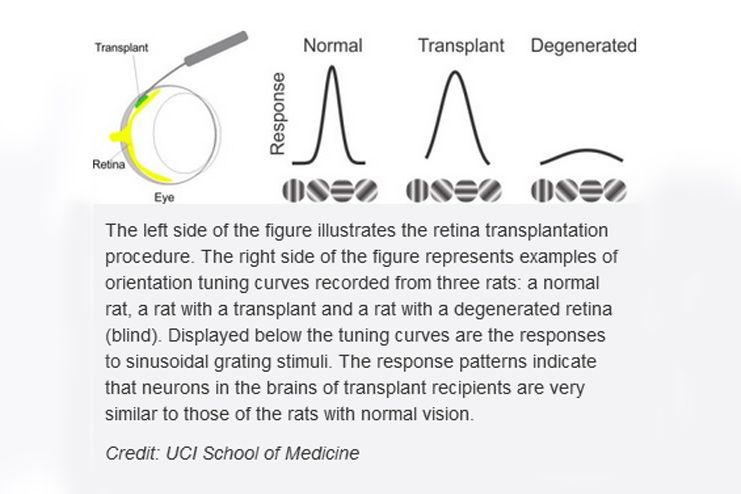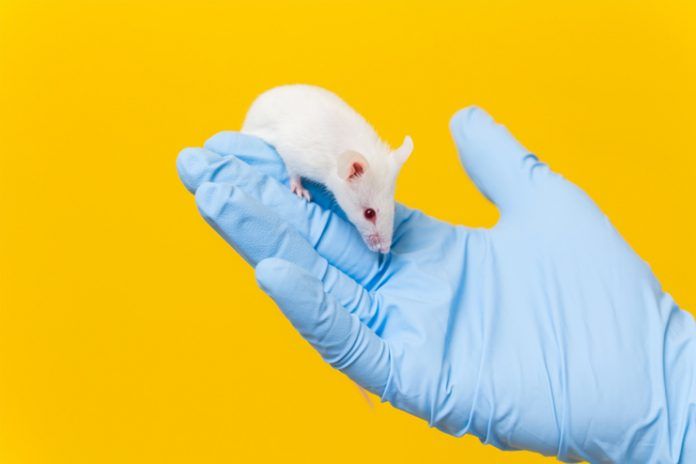Affiliate Disclaimer
Some links in this article are affiliate links. We may earn a small commission if you make a purchase through these links, at no extra cost to you. We only recommend products we find useful to our readersVision is that one sense whose impairment can actually impact the overall functioning of the body. A new study states a possible ability of restoration of the lost vision by a simple cell transplant in the blind rats.
The new study (R) conducted by the researchers of the University of California – Irvine has discovered that the vision centers located in the brain of the blind rats functioned normally after the researchers conducted an effective fetal retinal cell transplants which promoted the successful restoration of the vision.

The study, which has been titled as “Detailed visual cortical responses generated by retinal sheet transplants in rats with severe retinal degeneration” has been led by David Lyon, PhD, associate professor of Anatomy & Neurobiology and director of graduate studies at the UCI School of Medicine. The main finding of the study focuses on the detailed visual cortical responses which were generated by the retinal sheet transplants in the rats with severe retinal degeneration.
The researchers further revealed that the sheets of fetal cells effectively integrate into the retina and successfully generate normal visual activity in the brain and the visual centers of the blind rats.
The lead author of the study David Lyon stated that it was priorly known that the retinal sheet transplants which integrate into the degenerated eyes can help induce the ability to detect light but that was all that was known about the activity. Beyond the realms of rudimentary light detection, the researchers were not sure about the kind of overall impacts the same had on the restoration of vision.
In this new conducted study, they have found that the neurons located in the visual centers following the cell transplant effectively perform the same way as that of the normal healthy retinas in the rats without any kind of vision defect. These impacts have paved a new way for the detection of amazing potential of the retinal transplants in order to treat the retinal degeneration in people as well.
Retinal damage is a very common reason behind the loss of vision of impaired vision and the age related macular degeneration and retinitis pigmentosa play a key role in this aspect causing vision loss in millions worldwide. The progressive damage of the retina often contributes to the eye’s capability of detection of the light which is quite beneficial for accurate vision.
Lyon further went on to state that they have found that the successful fetal retinal transplants was the basis for the seamless generation of the visual responses in the cortex similar to that in the ones of the normal rats. These cell transplants were also responsible for preserving the connectivity within the brain which is known for their potent ability in curing the vision loss that is associated with the retinal degeneration.
The group of researchers led by Lyon also pointed out the attributes of the rats affected with retinal damage. They found the categorized sensitivity towards a number of attributes including visual stimuli, which occurred around three months after the surgery. There needs to be a further research concerning the behavioural impacts to determine the overall effectiveness and acuity following the cell transplants.


















